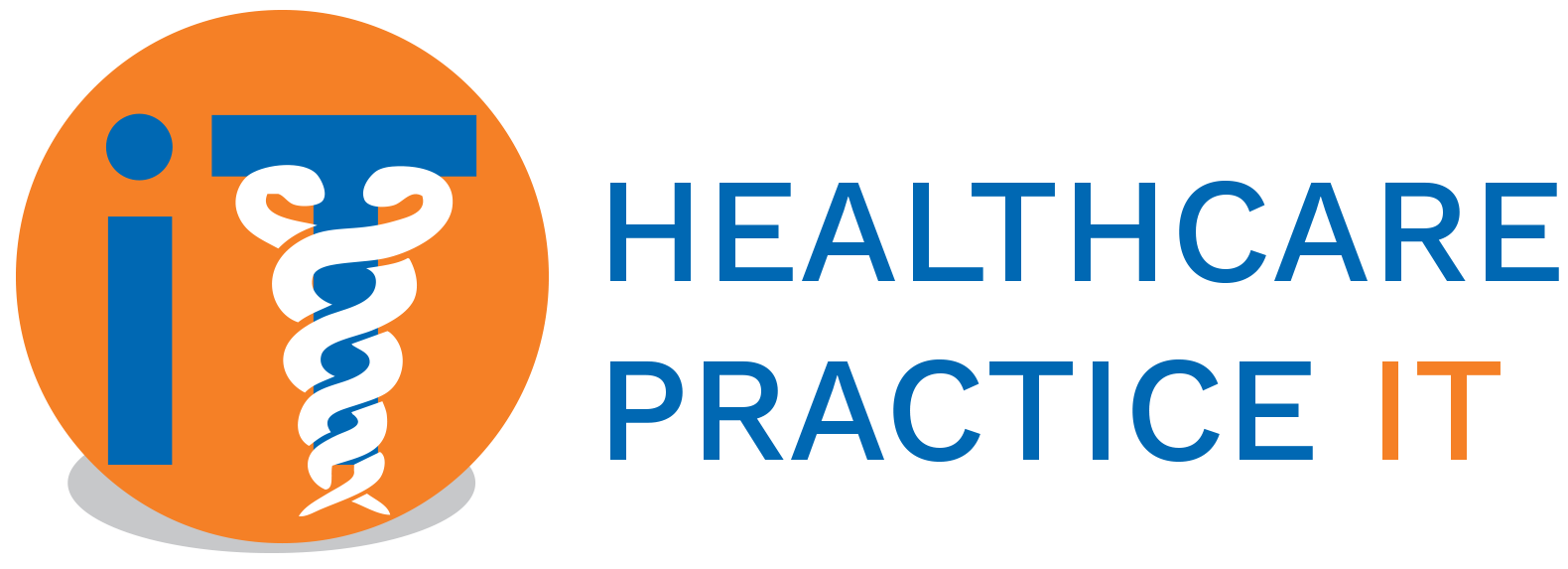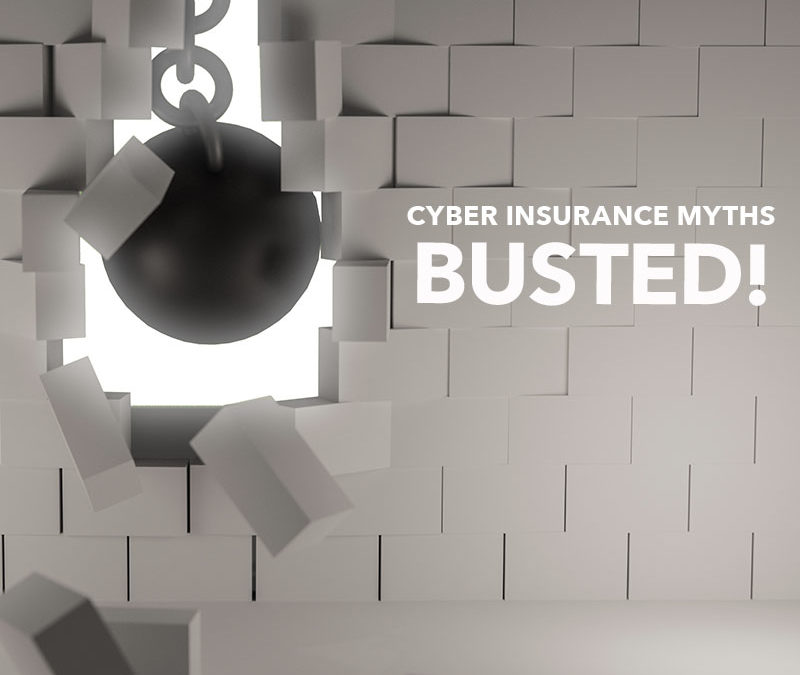Don’t Fall for These Cyber Insurance Myths
As the world increasingly moves online, so do the risks to our businesses. Cyber insurance is one way to help your business recover following a cyberattack. It covers financial losses caused by events such as data breaches, cyber theft, ransomware and more.
Cyber insurance can be beneficial in many ways since it typically covers the cost of:
- Recovering data
- Legal proceedings
- Notifying stakeholders about the incident
- Restoring the personal identities of those affected
Due to the complicated nature of cyber insurance, there are a lot of myths out there that can be harmful to your business if you fall for them. Let’s debunk them together.
Cyber insurance myths debunked
Busting the top cyber insurance myths like the ones below is necessary so that you can make informed decisions for your business:
Myth #1: All I need to protect my business from cyberthreats is a cyber insurance plan
This could not be further from the truth. Your insurance provider will only cover your business if you meet the requirements outlined in your contract. Most reputable insurers will require proof that you have been following the proactive measures outlined in your policy. If you can’t prove your compliance, your claims are unlikely to be paid.
One of the most common insurance requirements is that you have top-tier cybersecurity protection. Despite the availability of a variety of cybersecurity solutions in the market, keep in mind that not all of them are the same. Finding a solution that offers the best protection for your needs is crucial.
Myth #2: I don’t need cyber insurance since I have cybersecurity solutions
Even though cybersecurity solutions can boost your defenses, they don’t make you immune to cyber incidents. Yes, cybersecurity solutions can reduce the risk of a cyberattack by identifying and protecting vulnerable points in your system. However, no solution can provide complete protection against all threats because staying on top of emerging risks can be challenging.
Additionally, human error can always result in vulnerabilities in a system, regardless of how secure it is. That’s why it’s a good idea to have a cyber insurance policy in place to fall back on in case of an incident.
Myth #3: Cyber insurance is easy to get
As technology advances, so do the occurrences of cyber incidents. With small and medium-sized businesses being the most susceptible targets of cybercriminals due to a lack of enterprise-level protection, the likelihood of an attack is high. Consequently, insurers are reluctant to provide coverage since the risks are significant. While policies are still available, they are becoming more expensive and difficult to obtain.
Myth #4: If I have a cyber insurance policy, my claims will be covered in case there’s an incident
If you can’t prove that you’ve complied with your cyber insurance policy’s prerequisites, your claim is likely to be rejected. This is why you might want to consider partnering with an IT service provider. An expert IT service provider can help you remain compliant with your cyber insurance policy as well as provide evidence of such compliance.
Partner for success
It’s crucial to not fall for the above myths about cyber insurance so that your business qualifies to invest in a policy and receive coverage. However, it’s also important to remember that cyber insurance is something that demands a lot more time and effort than you might have.
To protect your business effectively, you should partner with Healthcare Practice IT. We can help you understand how to increase your chances of receiving coverage and a payout in the event of an incident. Reach out to schedule a no-obligation consultation.
Additionally, we created an infographic titled “What is Cyber Insurance and Why Your Business Needs Coverage” that you can download by clicking here.
More blog articles
Minimizing Cyber Supply Chain Risks through Effective Vendor Selection
Cyber supply chain risks refer to the threats that arise from the use of products or services provided by external vendors in an organization’s IT infrastructure. These risks can originate from various sources such as malware-infected software, compromised hardware, or unreliable service providers.
Co-Managed IT for Healthcare Organizations
Co-managed IT is a service model that can help healthcare organizations
improve their IT infrastructure while minimizing risk and cost. By partnering
with a co-managed IT provider that specializes in healthcare, organizations
can ensure that their IT systems are secure, compliant, and optimized for
performance. Learn more about the benefits of co-managed IT for
healthcare organizations and how to implement it in our latest blog post
Co-Managed Healthcare IT Myths
Co-Managed IT Services have emerged as a viable solution for healthcare organizations to leverage the benefits of IT without breaking the bank. In this article, we debunk some of the most common Co-Managed IT myths and explore the benefits of partnering with a Managed Service Provider.




